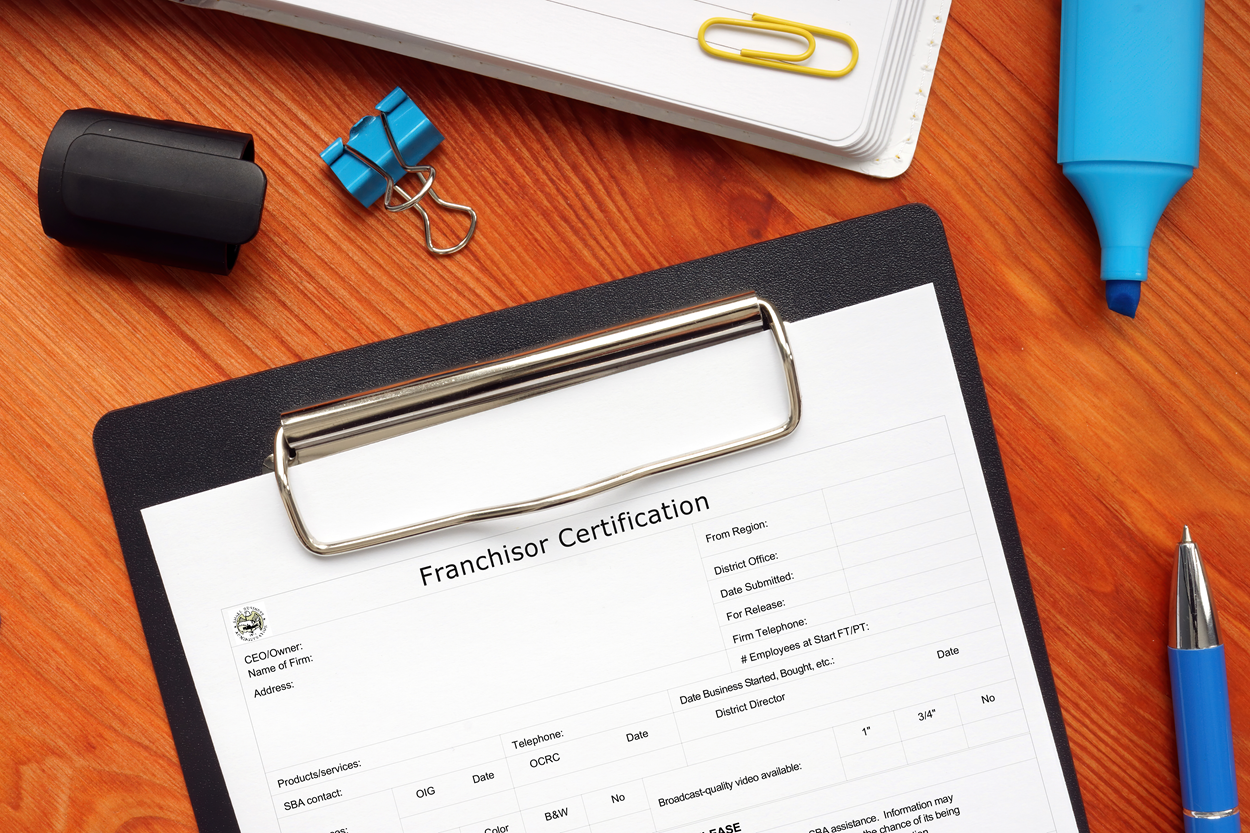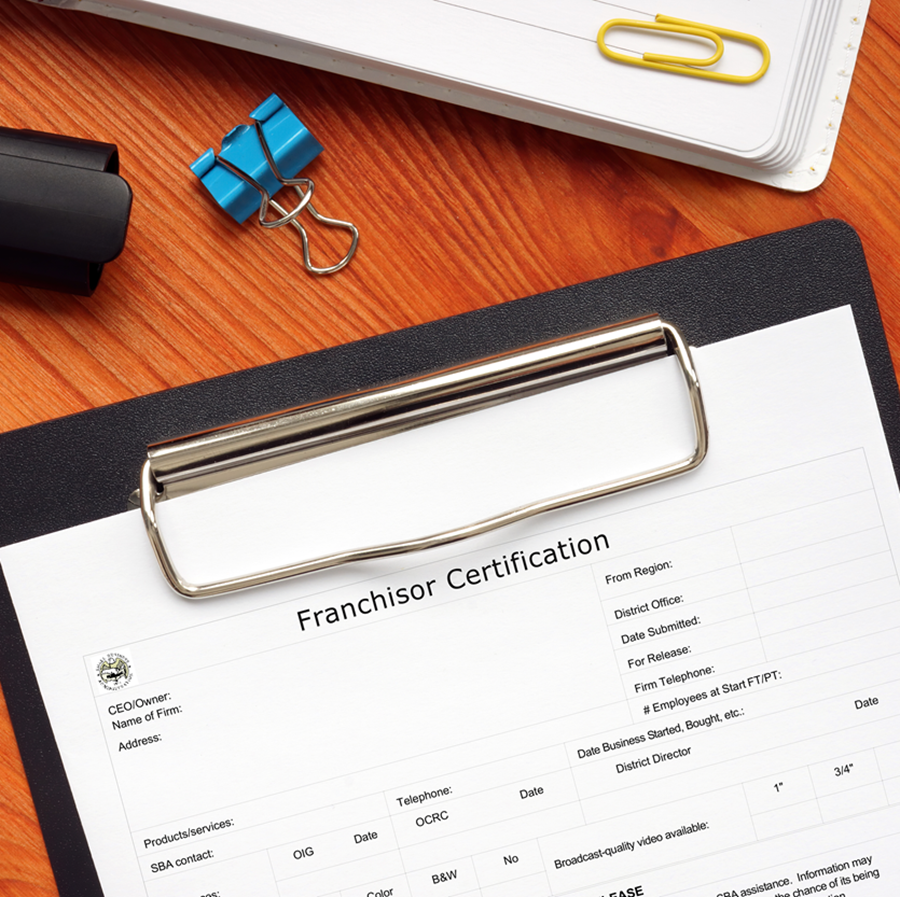Expanding a master franchise in France offers significant opportunities for growth but also presents several legal challenges that must be carefully navigated.
French law, particularly in the area of franchising, imposes stringent requirements on both the franchisor and the master franchisee. These legal obligations are designed to ensure transparency, protect franchisees, and regulate the contractual relationship between the parties. Failing to comply with these regulations can result in disputes, contract annulment, or financial penalties. Below, we explore the main legal challenges that arise when expanding a master franchise in France.
.
Franchise Contract: Compliance with the French Commercial Code
One of the first legal challenges in expanding a master franchise in France is the proper drafting and conclusion of the franchise contract. In France, franchise contracts are governed by the French Commercial Code, which outlines specific legal obligations that must be adhered to. The franchise agreement must be detailed and transparent, clearly specifying the rights and obligations of both the franchisor and the master franchisee.
A key requirement under French law is the provision of a pre-contractual information document (Document d’Information Précontractuelle or DIP). This document must be provided to the master franchisee at least 20 days before the signing of the franchise contract. The DIP is designed to ensure that the franchisee has access to all the necessary information to make an informed decision about entering the agreement.
The DIP must include the following information:
- The state of the market, including a detailed analysis of the sector in which the franchise will operate.
- Development prospects for the franchise in the specific territory.
- Financial results and any existing franchisee success rates.
- Any risks associated with the business model or market.
Failure to provide a DIP, or providing inaccurate or incomplete information, can have serious consequences. If the information in the DIP is misleading or insufficient, the master franchisee may have grounds to seek contract annulment or legal sanctions against the franchisor. This makes the accurate and timely preparation of the DIP an essential step in ensuring the legality of the franchise agreement.


Franchisee Protection and Viability of the Business Model
Another critical legal challenge is the requirement to ensure the protection of franchisees under French law. French legislation places significant emphasis on ensuring that franchise agreements are fair and that franchisees are not misled about the viability of the business model.
The franchisor’s responsibility does not end with providing the DIP. The franchisor must also demonstrate that the business model they are offering is viable and can be successfully implemented in the French market. This involves offering ongoing support to the master franchisee, including training, marketing assistance, and logistical support. French courts have been known to side with franchisees who claim that franchisors failed to provide adequate support, leading to business failure.
If a franchisor does not provide sufficient training, support, or guidance, they may be accused of breach of contract or failure to advise. This can lead to legal disputes, where the franchisee may seek compensation for losses incurred due to inadequate support from the franchisor. Therefore, franchisors must ensure that they are committed to providing ongoing assistance and fulfilling their obligations under the franchise agreement.
Non-Compete and Exclusivity Clauses
Non-compete and exclusivity clauses in a master franchise contract can also pose legal challenges in France. French law strictly regulates these types of clauses to prevent franchisors from imposing unfair restrictions on franchisees, particularly after the termination of the contract.
Non-compete clauses are designed to prevent the franchisee from engaging in a competing business during the term of the franchise agreement and for a certain period after its conclusion. However, under French law, these clauses must be reasonable in terms of both duration and geographic scope. If the non-compete clause is deemed too restrictive, it may be invalidated by the courts, and the franchisor could face legal action from the franchisee for imposing unfair constraints.
Similarly, exclusivity clauses must be carefully drafted. These clauses grant the master franchisee exclusive rights to operate the franchise in a specific territory. However, exclusivity must be balanced to ensure that it does not unduly limit the franchisee’s ability to grow the business or operate independently. French courts are attentive to ensuring that exclusivity clauses do not create monopolistic conditions or unfairly restrict commercial freedom.
Franchisors should work with legal experts to draft non-compete and exclusivity clauses that comply with French competition law while protecting their interests and maintaining a fair relationship with the franchisee.


Labor Law Compliance
Expanding a master franchise in France also involves compliance with French labor law, one of the most stringent and comprehensive labor frameworks in the world. Master franchisees, particularly if they act as employers for sub-franchisees or employees of the franchise, must adhere to French employment regulations, which cover a wide range of issues including:
- Employment contracts: French law requires that employment contracts comply with strict standards, including provisions for working hours, wages, and termination conditions.
- Social protection: Employers in France are required to contribute to social security programs, health insurance, and retirement plans for their employees.
- Employment conditions: This includes compliance with health and safety regulations, minimum wage laws, and other employee protections.
Failing to comply with these labor laws can result in fines, legal disputes, and even the closure of franchise units. Master franchisees must ensure that they are familiar with French employment practices and that they have the necessary legal support to manage their workforce effectively.
Taxation and Financial Considerations
The taxation of a master franchise in France also presents significant challenges. Master franchisees must carefully study the tax implications of their operations, particularly in relation to royalties and entry fees.
Royalties are typically subject to Value Added Tax (VAT) in France, and it is essential that master franchisees understand how to apply VAT to their revenue streams. Additionally, entry fees paid to the franchisor may also be subject to VAT and other taxes, depending on how they are structured.
Moreover, corporate taxation in France can be complex, and master franchisees must ensure that they comply with all applicable tax regulations. This includes understanding the corporate tax rate, the rules around deductibility of expenses, and any double taxation treaties that may apply if the franchisor is based outside of France.
To avoid legal and financial pitfalls, it is advisable for master franchisees to work with tax advisors who specialize in French tax law to ensure that they are fully compliant with all tax obligations. Failure to properly manage tax liabilities can lead to penalties and damage the profitability of the franchise.





